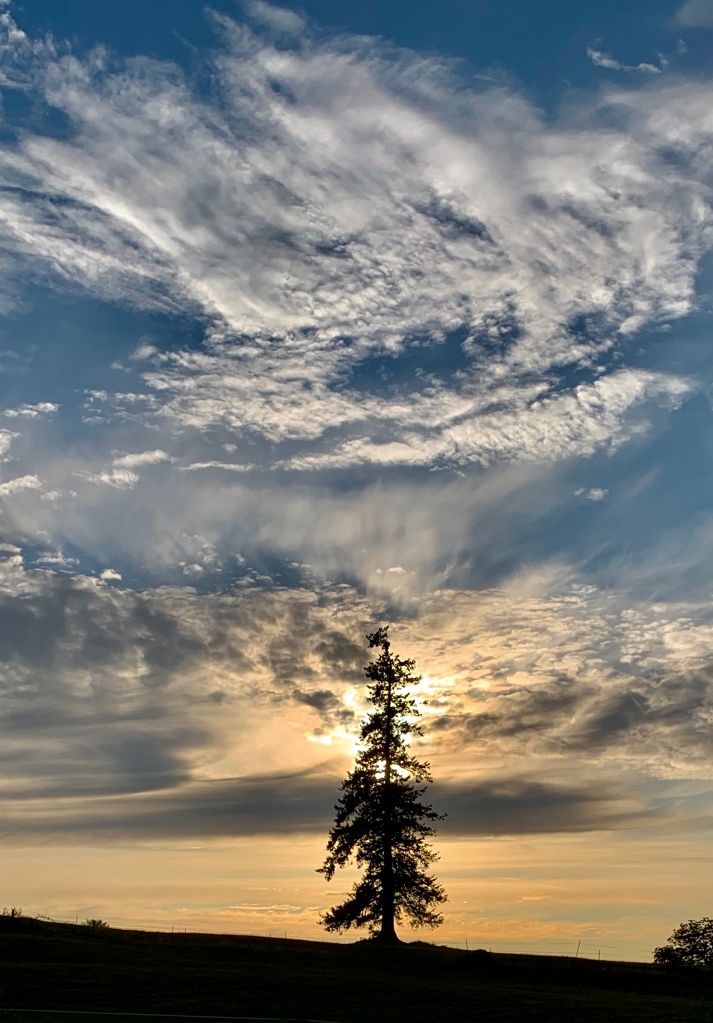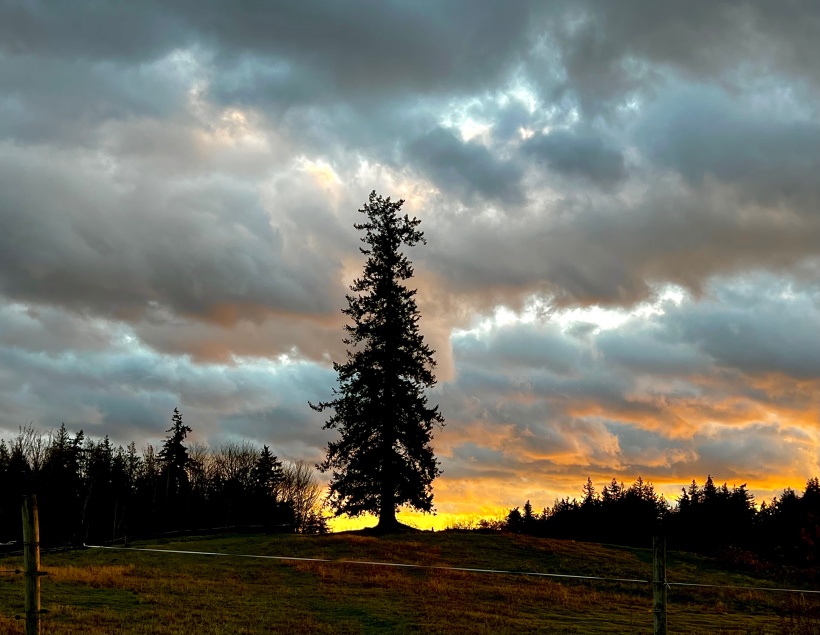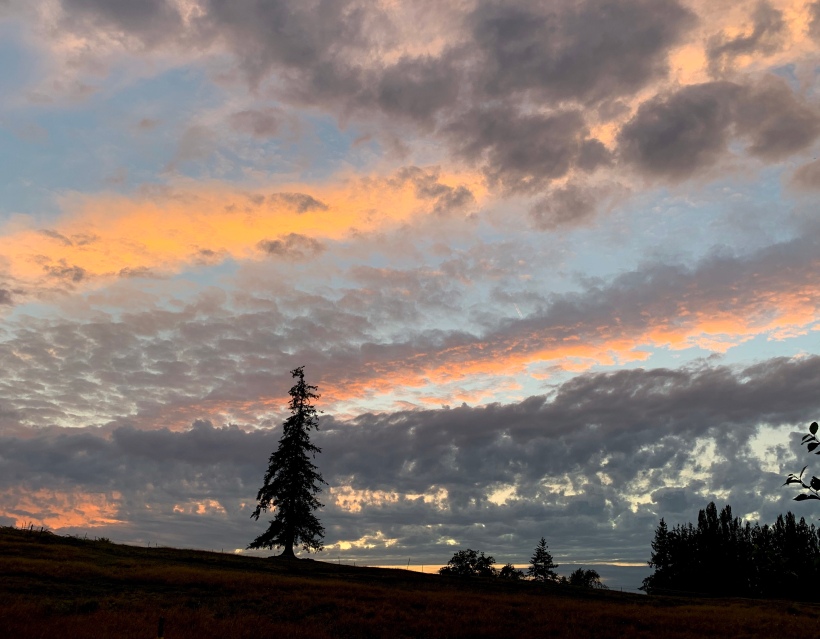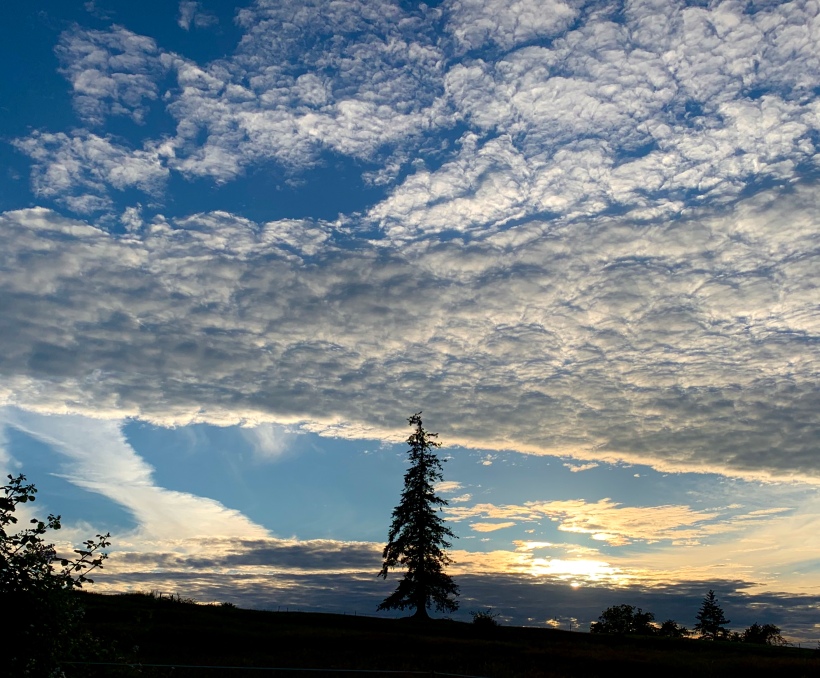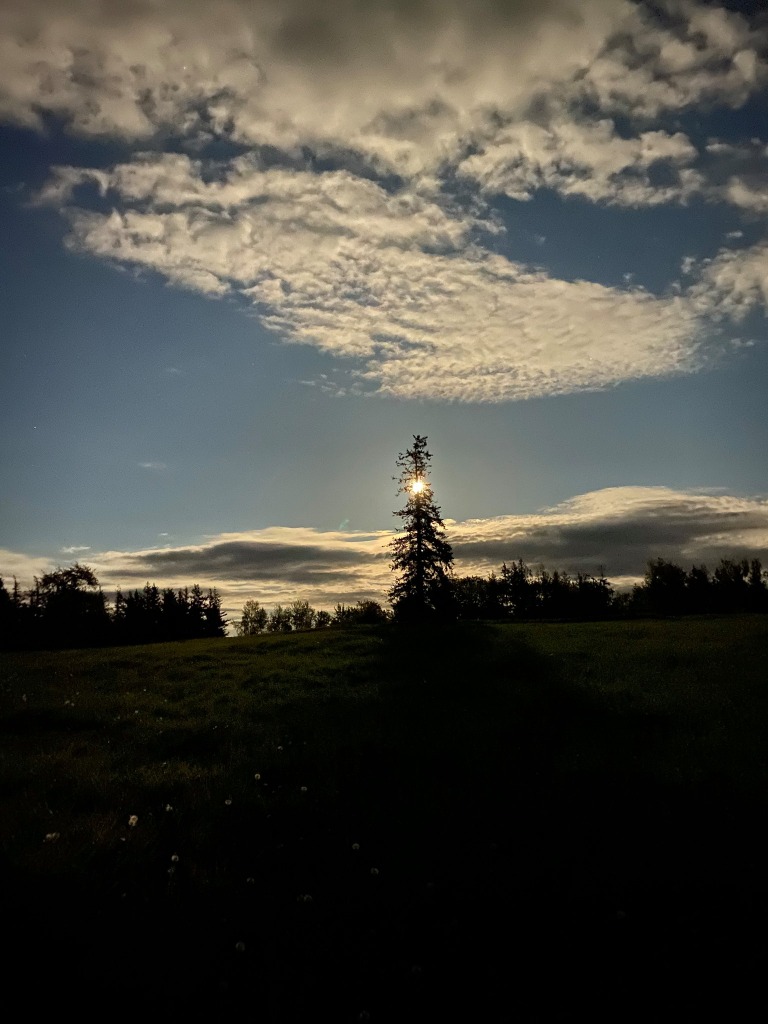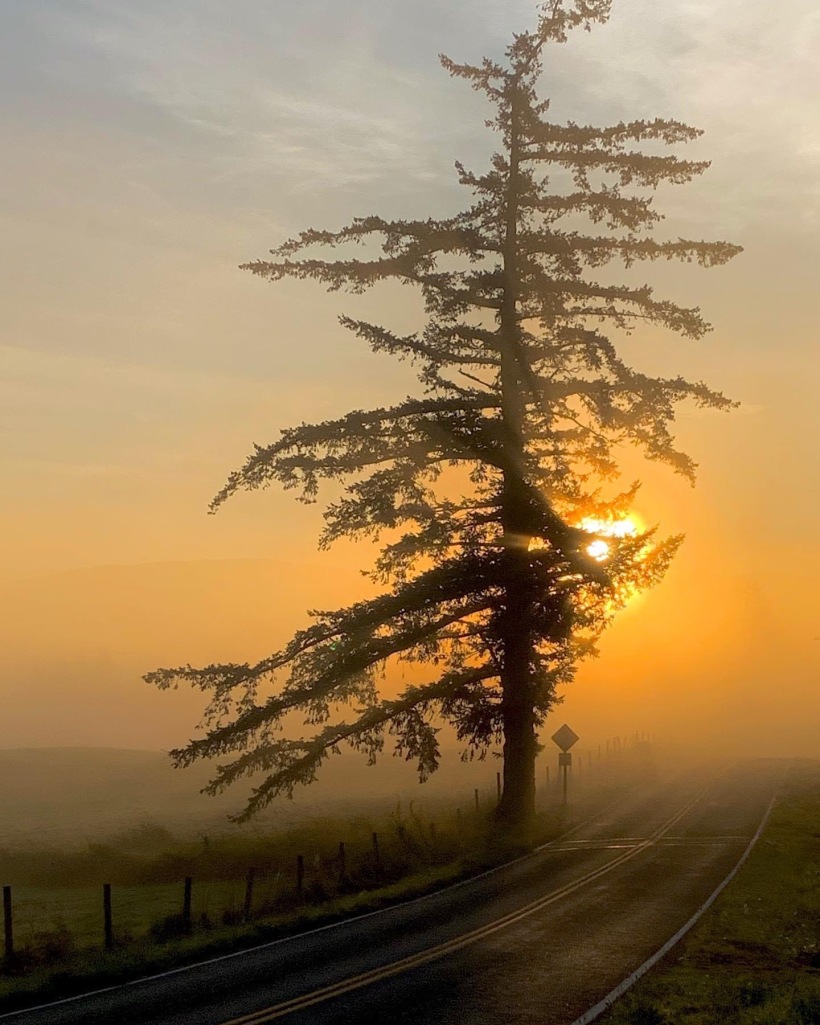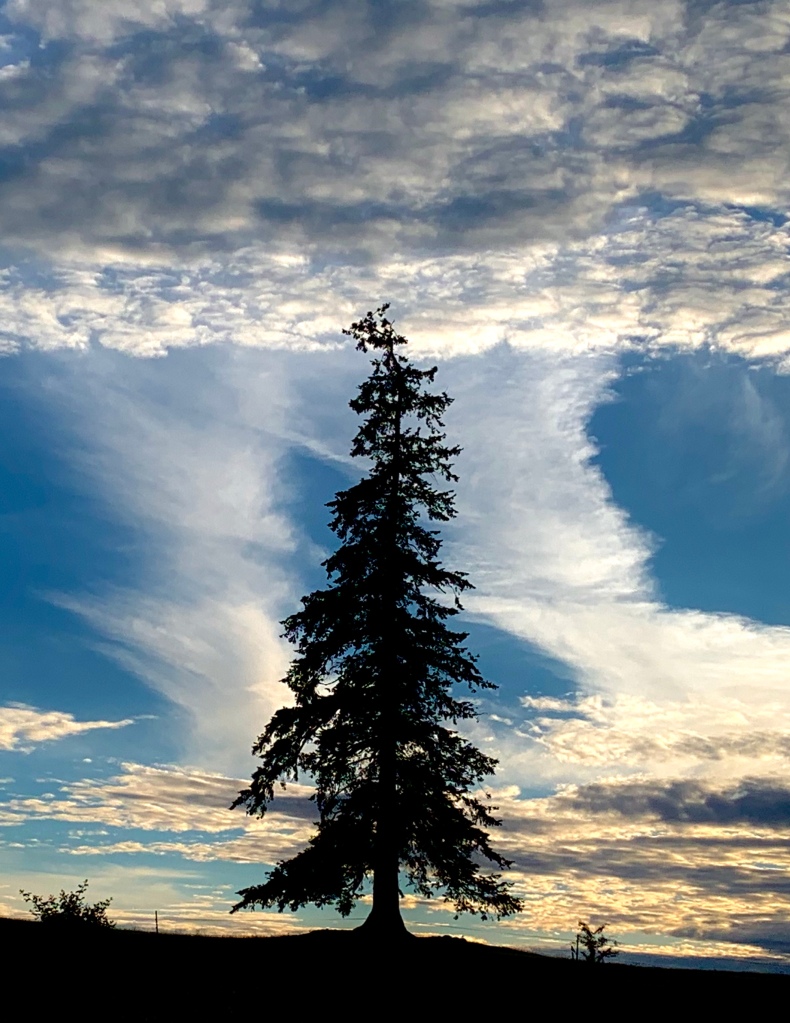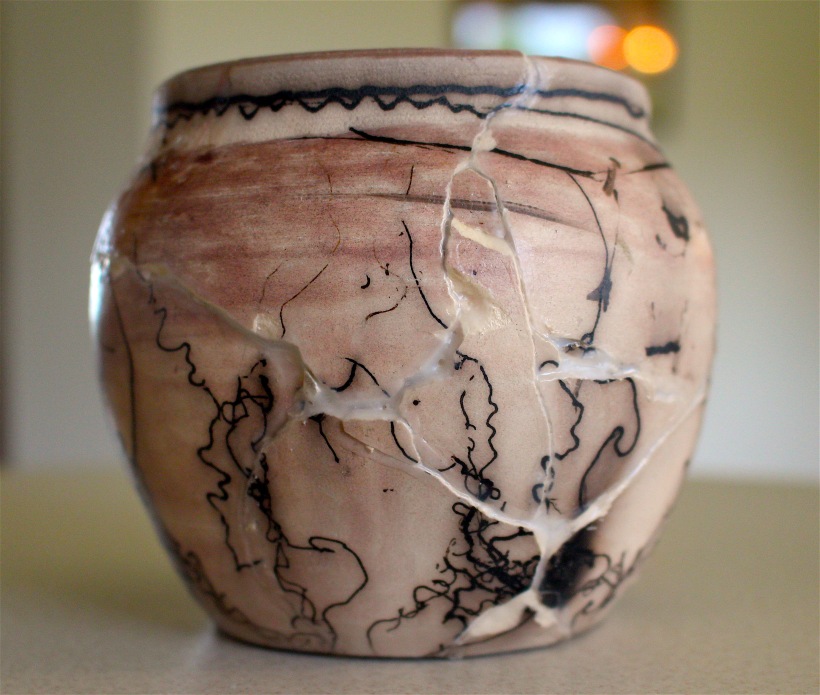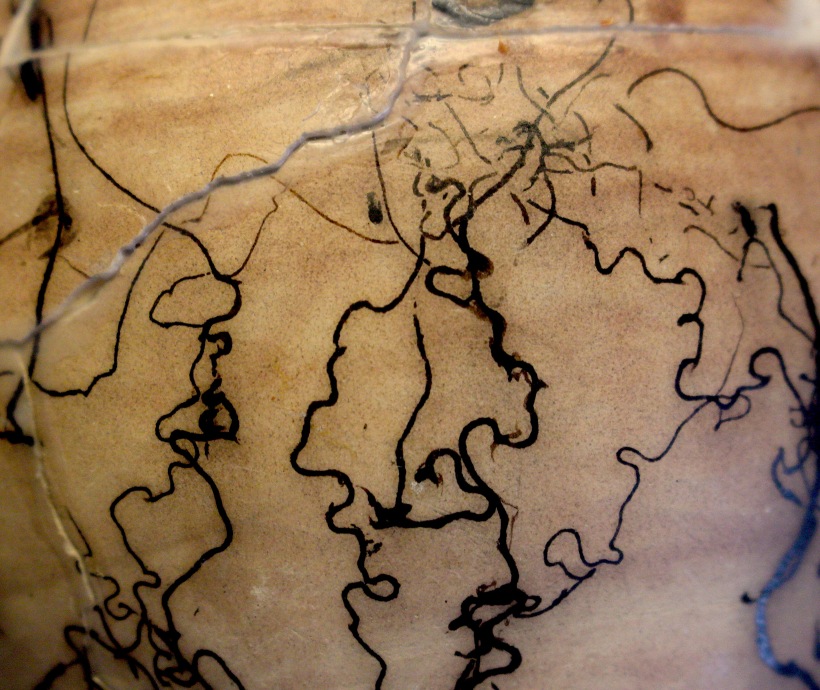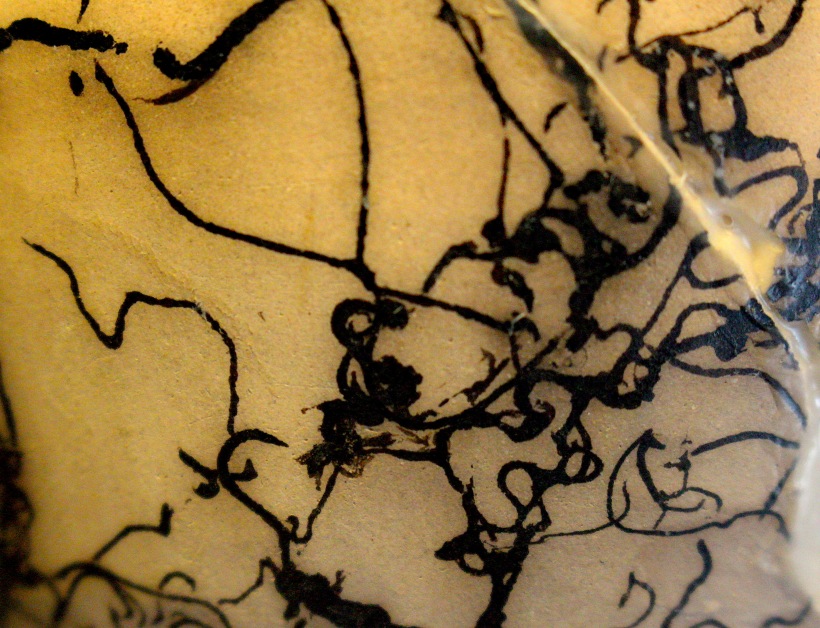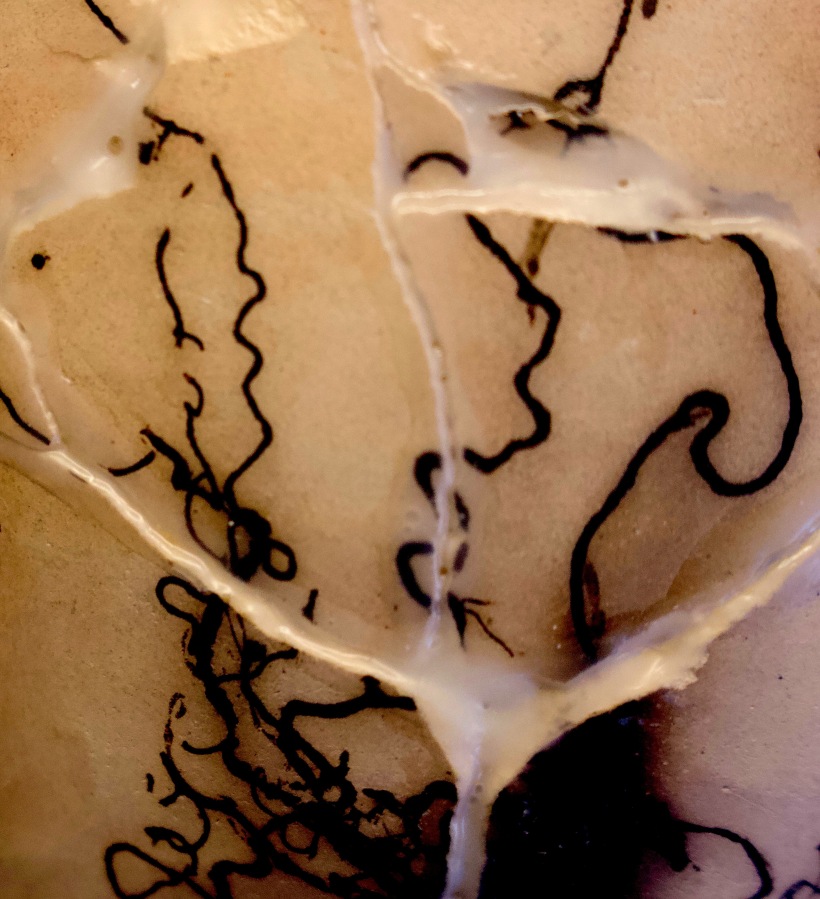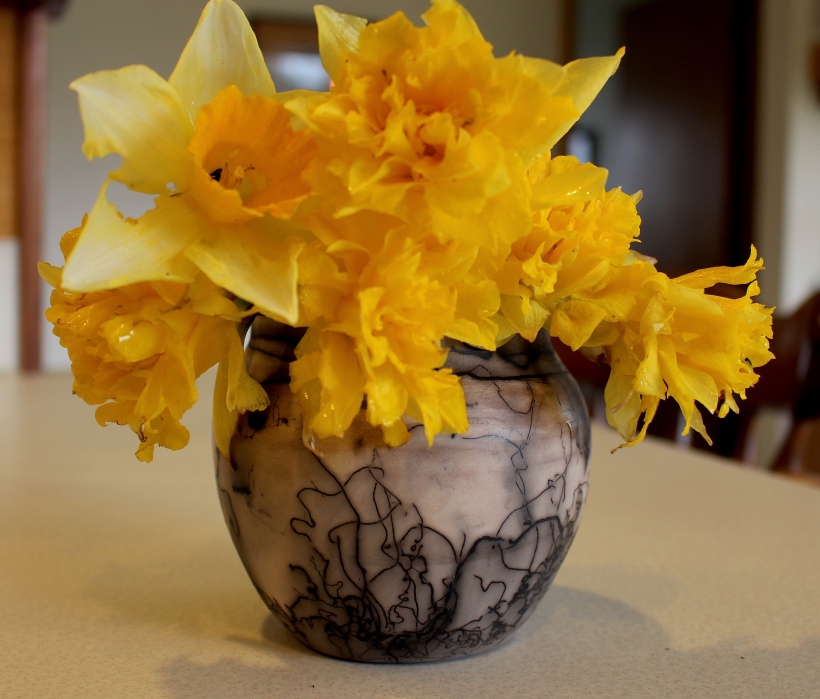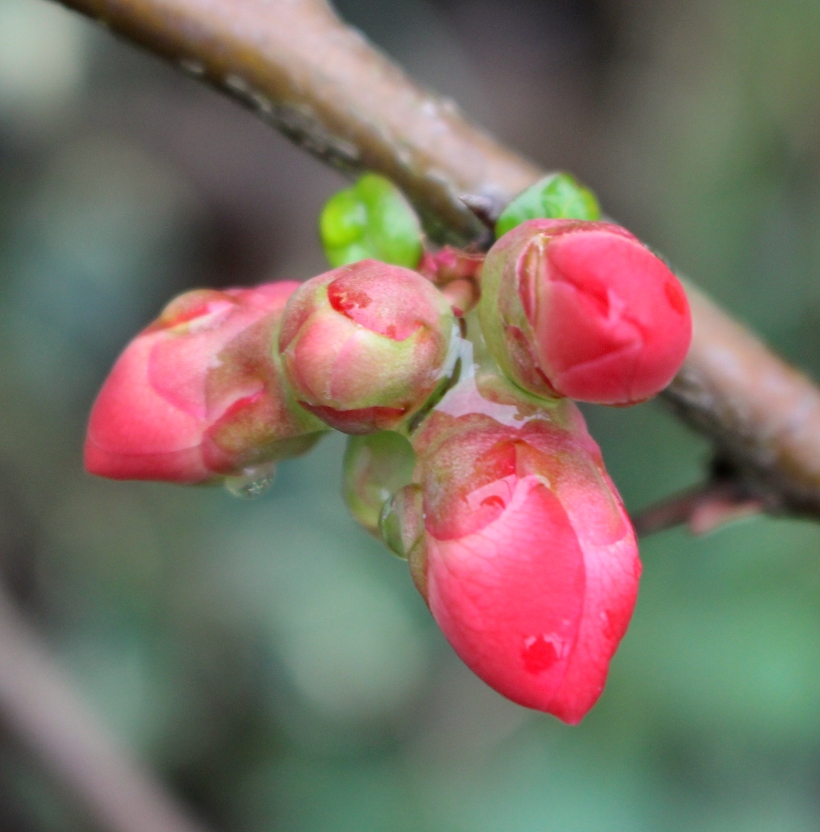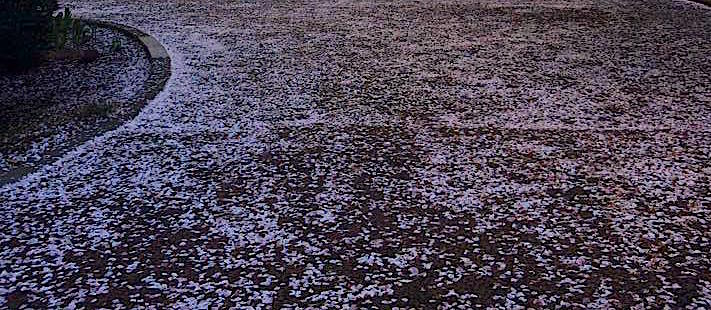

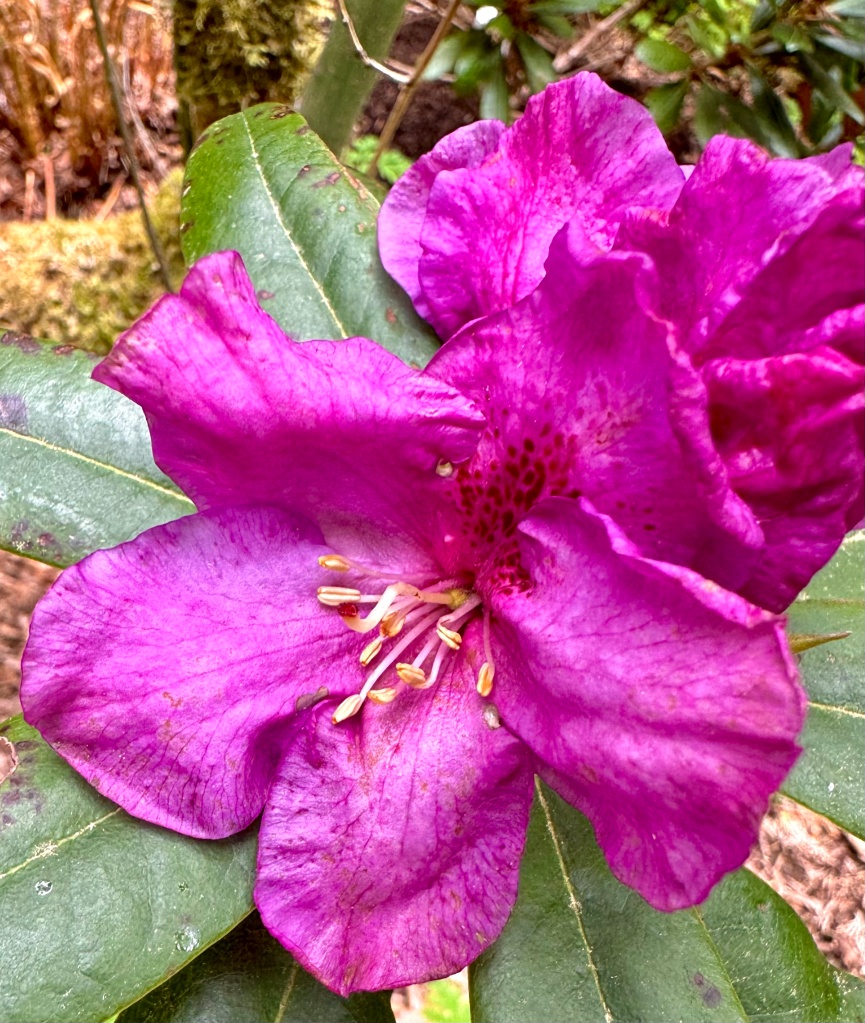
And with sighs soaring, soaring síghs deliver
Them; beauty-in-the-ghost, deliver it, early now, long before
death
Give beauty back, beauty, beauty, beauty, back to God, beauty’s
self and beauty’s giver.
See; not a hair is, not an eyelash, not the least lash lost; every hair
Is, hair of the head, numbered.
~Gerard Manley Hopkins from “The Golden Echo”



…writing was one way to let something of lasting value emerge
from the pains and fears of my little, quickly passing life.
Each time life required me to take a new step into unknown spiritual territory, I felt a deep, inner urge to tell my story to others–
Perhaps as a need for companionship but maybe, too,
out of an awareness that my deepest vocation is to be a witness to the glimpses of God I have been allowed to catch.
~Henri Nouwen from Reaching Out: The Three Movements of the Spiritual Life



“Last forever!” Who hasn’t prayed that prayer? You were lucky to get it in the first place. The present is a freely given canvas. That it is constantly being ripped apart and washed downstream goes without saying.
~Annie Dillard from Pilgrim at Tinker Creek



For too much of my life I have focused on my foreshortening future, bypassing the present in my headlong rush to what lies ahead. There is always a goal to achieve, a conclusion becoming commencement of the next phase, a sunset turning right around in a few hours to become sunrise.
Yet the most precious times occur when the present is so over-whelming, so riveting, so tenderly full of beauty that I believe I can see a brief glimpse of God. I must grab hold with all my strength to try and secret it away and keep it forever. Of course the present still slips away from me, elusive and evasive, torn to bits by the unrelenting movement of time.
Even when I’m able to take a photo to lock it to a page or screen, it is not enough. No matter how I choose to preserve the essence of this moment, it is already passed, ebbing away, never to return.
So I write to harvest those times to make them last a little bit longer although they will inevitably be lost downstream into the ether of unread words.
Where have all the words, all the flowers, all those moments gone?
Even if unread, I am learning that words, which had power in the Beginning to create life itself, still can bring tenderness and meaning back to my life. How blessed to live the gift twice: not just in the moment itself but in recording in words that preserve and treasure it all up, if only for that ephemeral blooming moment.



Make a one-time or recurring donation to support daily Barnstorming posts
Make a monthly donation
Make a yearly donation
Choose an amount
Or enter a custom amount
Your contribution is deeply appreciated.
Your contribution is appreciated.
Your contribution is appreciated.
DonateDonate monthlyDonate yearly